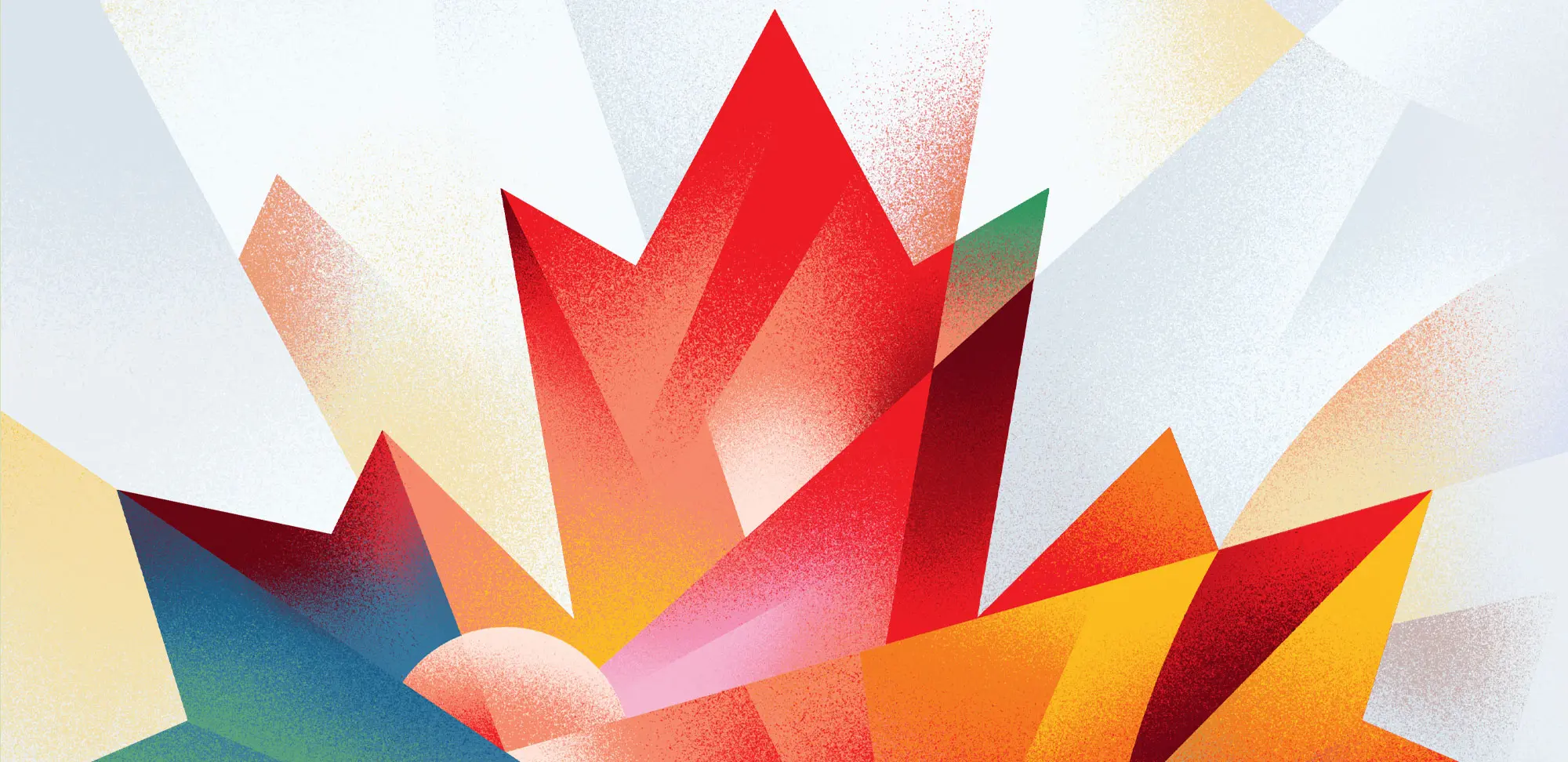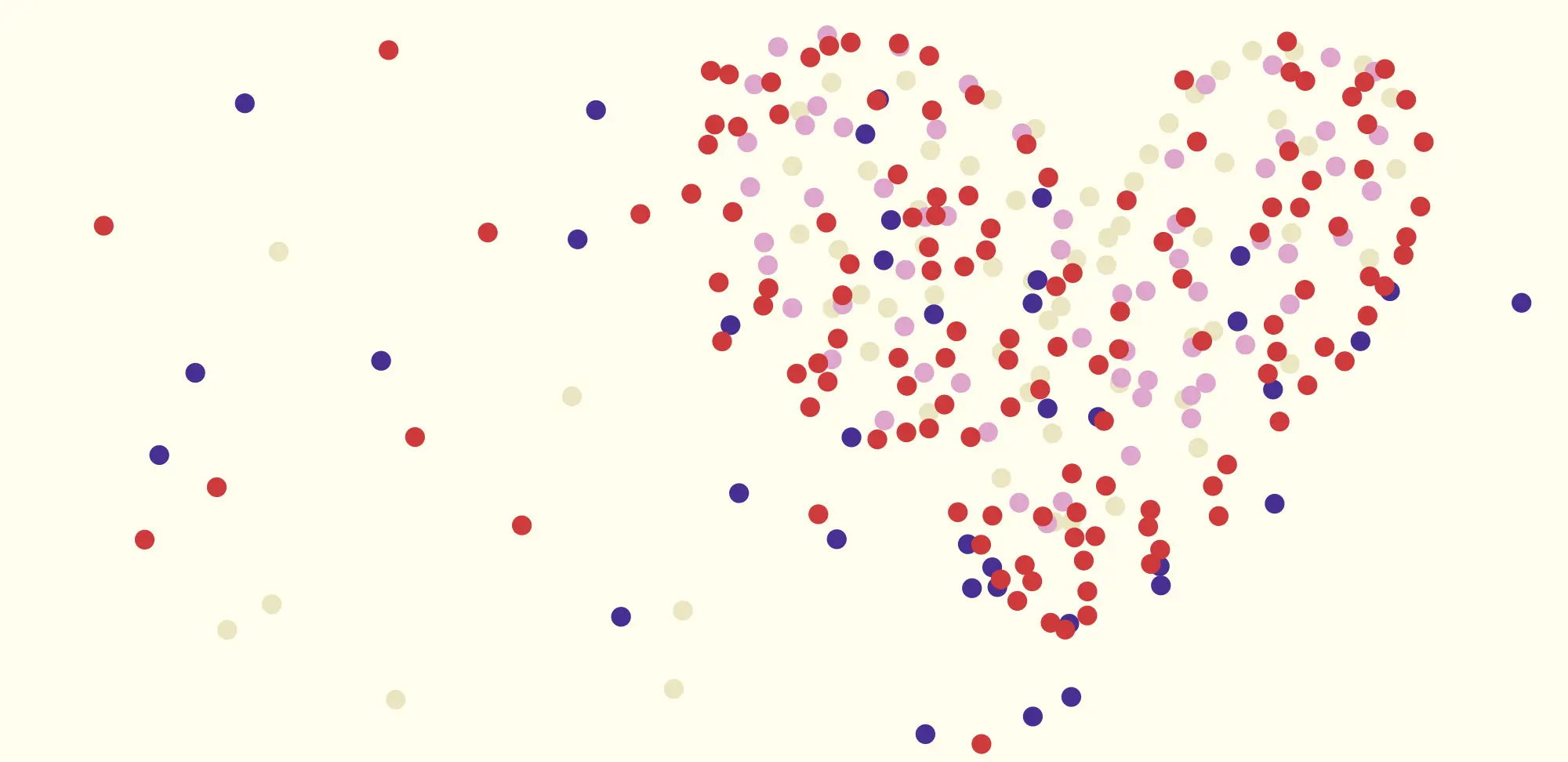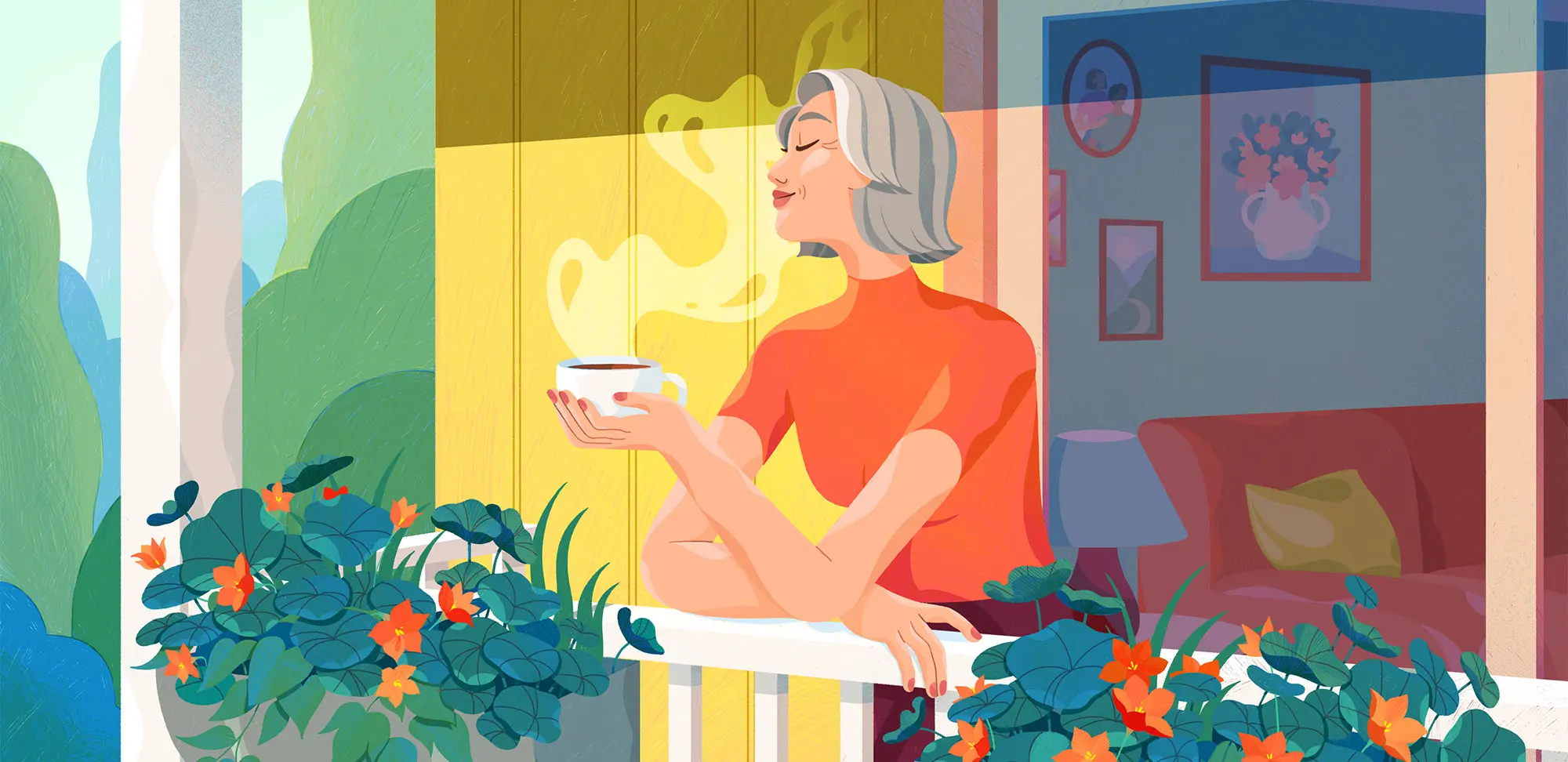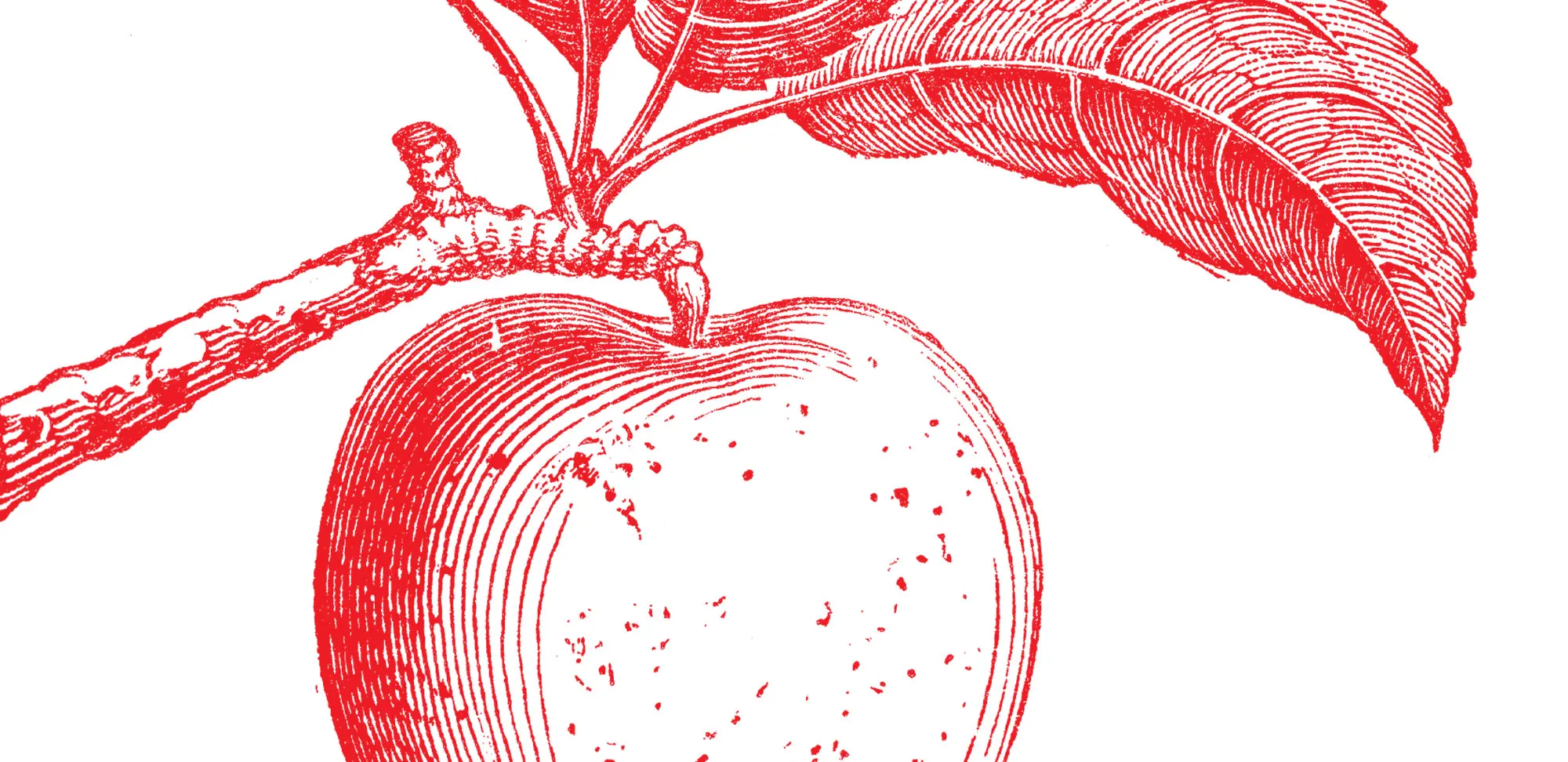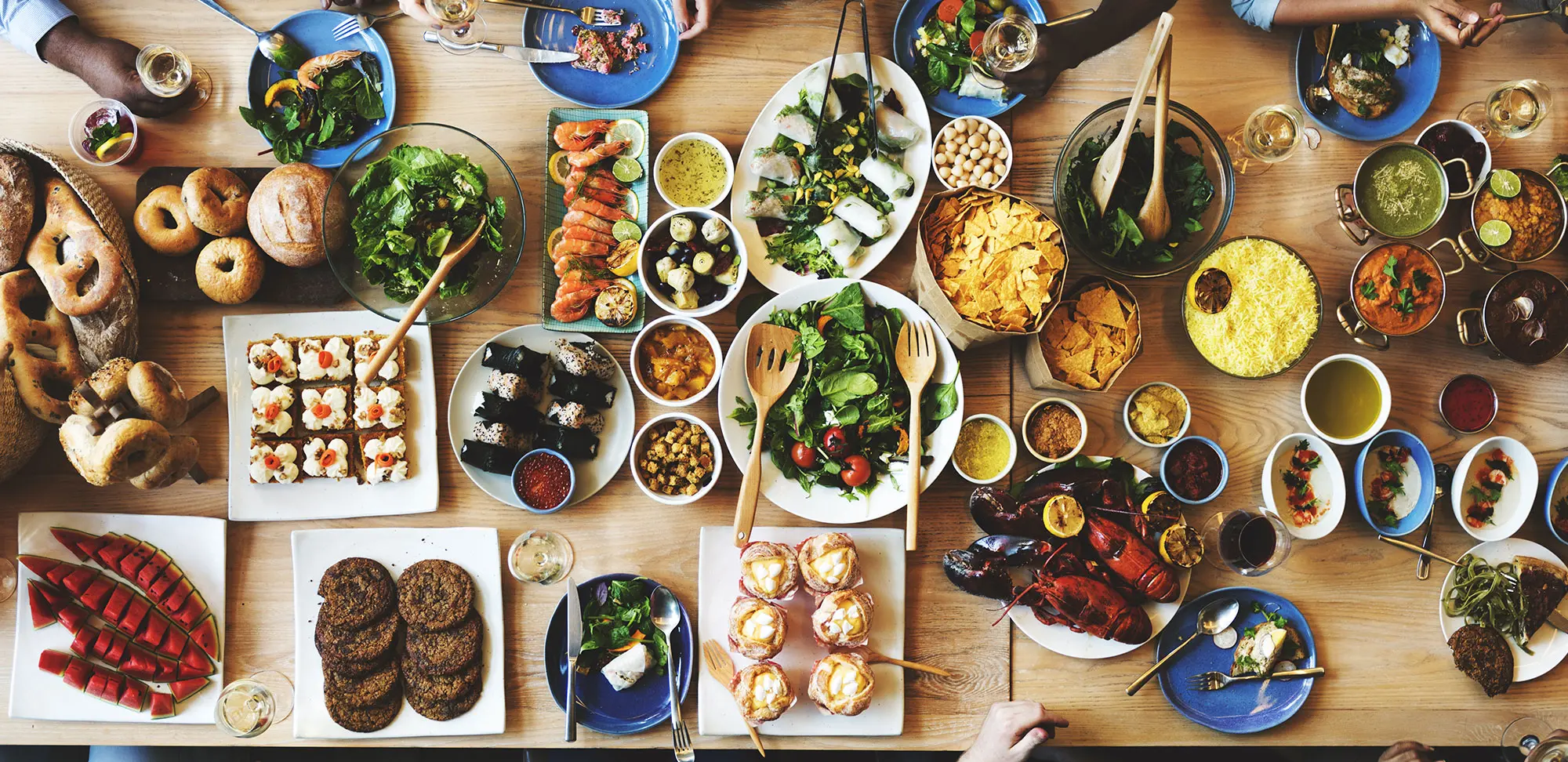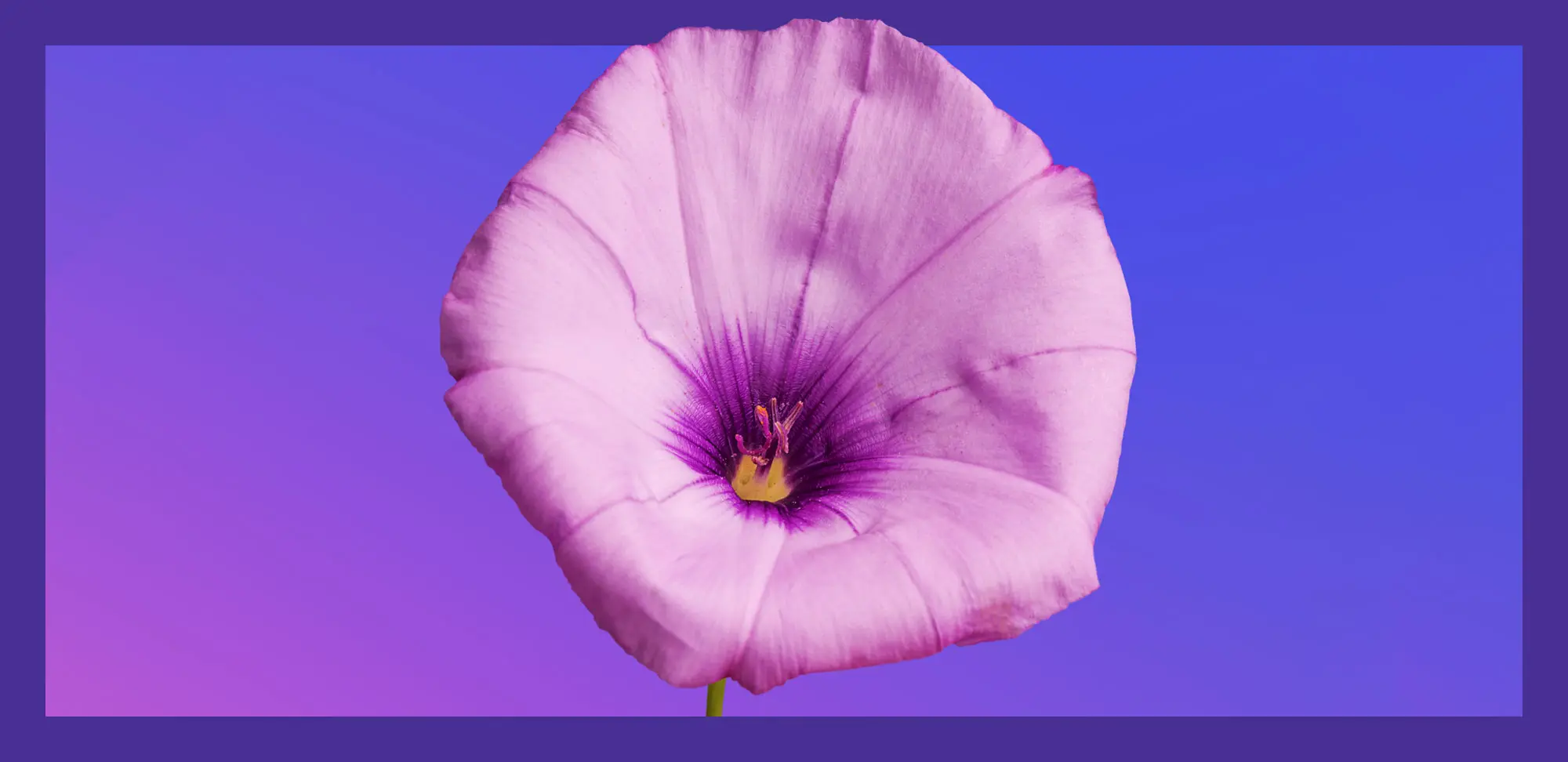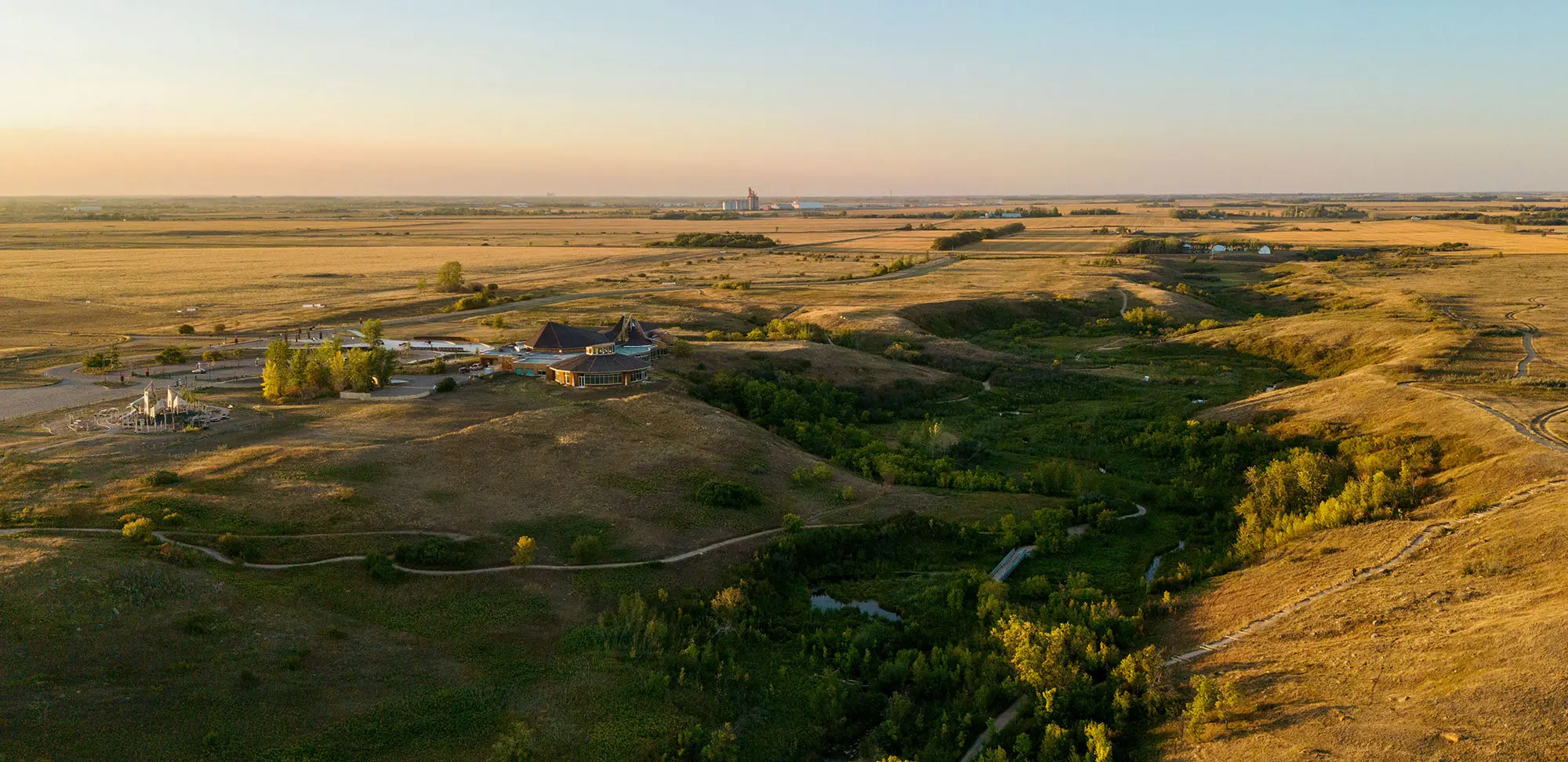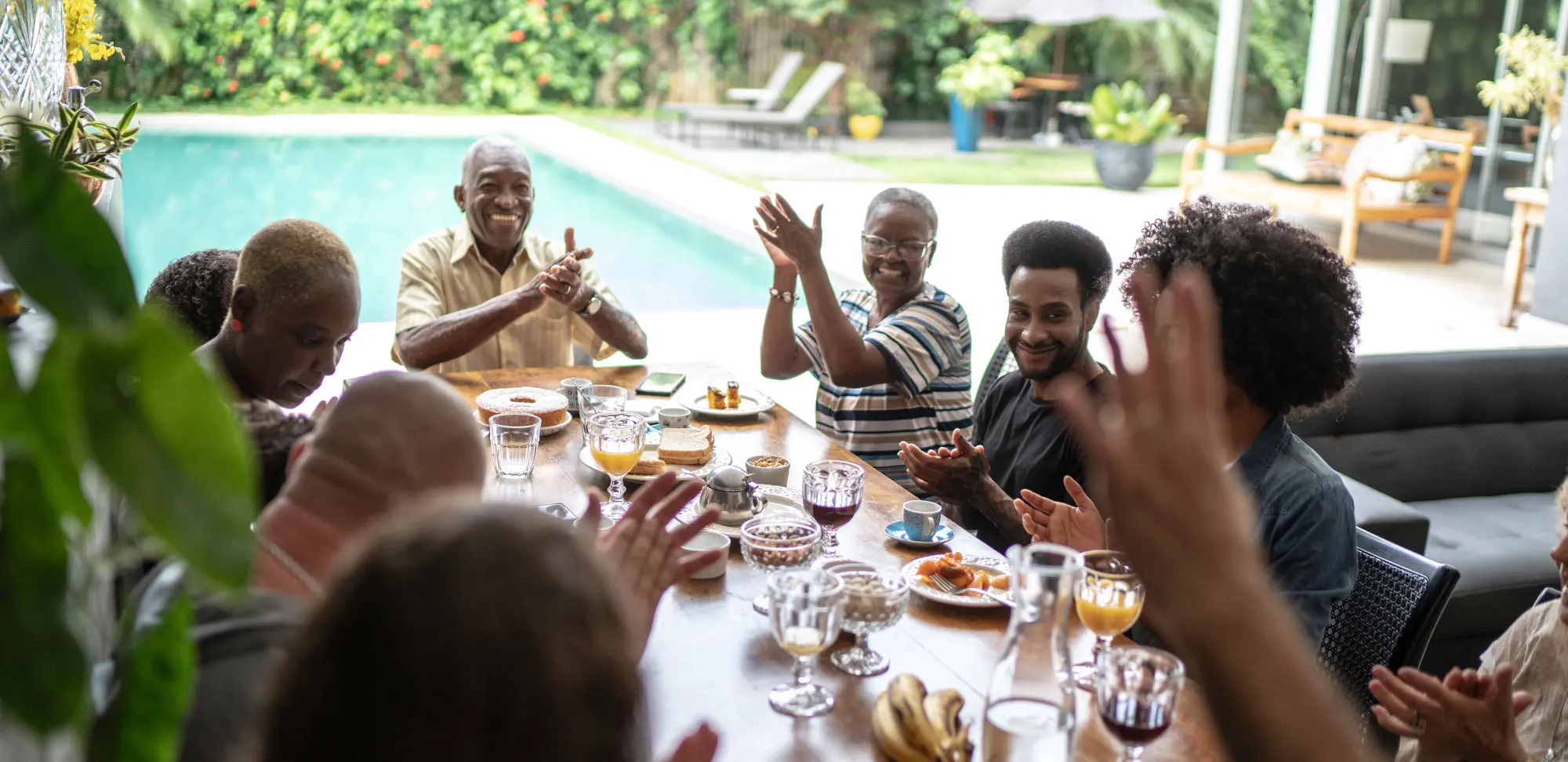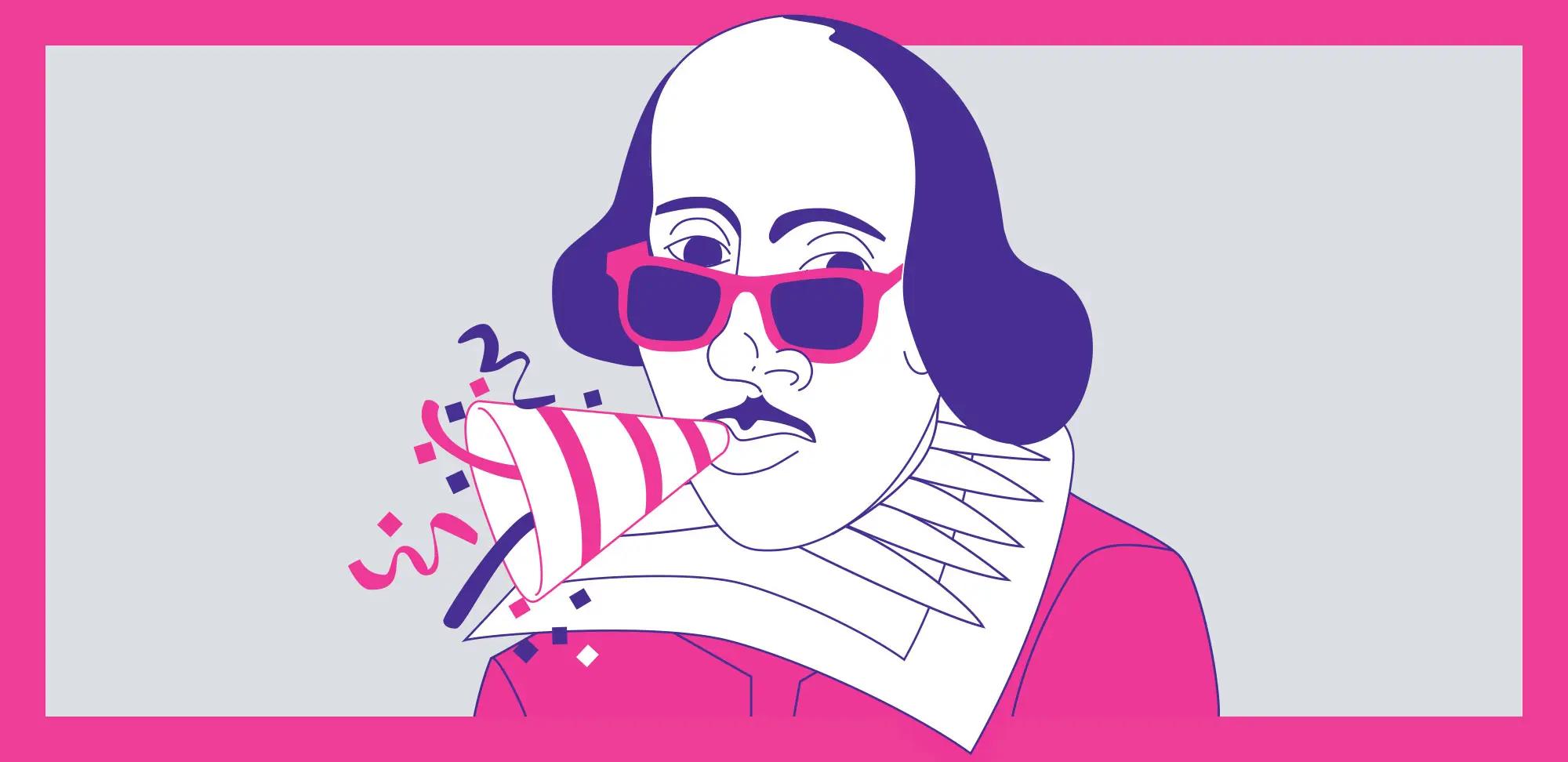Whether Canada is your home by birth, choice or circumstance, we’re united in an unending quest to define our national character. Look up “Canadian identity” in The Canadian Encyclopedia, and even that authoritative source grapples with the topic. “The question of what it means to be a Canadian has been a difficult and much debated one,” the entry states. “Some people see the question itself as central to that identity. Canadians have never reached a consensus on a single, unified conception of the country.”
We may not either, but we asked three RTOERO members to ponder that confoundingly Canadian question.

A nation of immigrants
In Canada, Stella Sinclair’s parents found the land of plenty. They each immigrated from Poland after the Second World War – her father, Stan Turczynski, in 1947 and her mother, Stephanie Szczygielski, one year later. What struck them upon arrival? “The amount of goods available,” says Sinclair (District 8 London, Middlesex). “The availability of food was just astounding to them.”
Stan started off lumber-jacking in Northern Ontario before relocating to Oakville, where he worked in a basket factory. That’s how he met Stephanie. She was a housekeeper for the factory’s owner, who asked Stan for help communicating. “He said, ‘You talk to her, I don’t know any Polish,’” Sinclair recounts.
In June 1949, Stan and Stephanie married. They had a firstborn, Stella, followed by another daughter and a son. Stan and Stephanie also sponsored immediate family from back home to join them in Canada. “They were all excited to come,” Sinclair says. “They totally embraced the opportunity to have jobs and start a life.”
Everyone settled in Oakville, where Stan started a Polish club. There were dances, and picnics every Sunday. Stella was surrounded by the Polish community. “It wasn’t until I went to high school that I became more aware of Canadian culture.” Yet her family’s experiences – and every family’s immigration story – are part of that culture.
Canada has always been a nation shaped by immigration. The 2021 census found that 23 per cent of Canada’s population are immigrants. That’s the highest percentage since Confederation, and the highest among Group of Seven countries. Statistics Canada reports that as Canadian society ages, immigration will drive 100 per cent of our population growth by 2032.
That’s a major part of driving our economy and progress too. Statistics Canada says that about 55 per cent of recent immigrants and 40 per cent of established immigrants have a bachelor’s degree or higher. That compares to one-third of Canadian-born people aged 25 to 34, and just one-quarter of Canadian-born people aged 35 to 64.
According to Immigration, Refugees and Citizenship Canada, immigrants account for 32 per cent of all business owners with paid staff, one in four workers in the healthcare sector, and more than one-third of people working in scientific research and development.
As a first-generation Canadian, Sinclair appreciates the determination her parents and relatives showed in establishing their lives and building a legacy in Canada. “They were my models. They worked hard. Their integration into Canadian society was positive for all of them.”
Does immigration continue to be a strength for Canada? “Definitely,” Sinclair says. For her, one word describes Canada best: “opportunity.”
ˮEvery country has its unique geography and history, and three aspects of ours play a dominant part in shaping the Canadian psyche.ˮ —Allan Tupper
United by our differences
Every country has its unique geography and history, and three aspects of ours play a dominant part in shaping the Canadian psyche, says Allan Tupper (District 42 Mainland British Columbia).
One, our diversity. That’s a defining feature, and not just in population, says Tupper, who lives in Vancouver and was a political science professor at the University of British Columbia and the University of Alberta. With Canada’s immense size, we’re also incredibly diverse in our land and economy. All of that makes for distinct regional and provincial/territorial characteristics and personalities. As Tupper notes, thousands of kilometres span the distance between you and your Canadian neighbours. We have six time zones. The dimensions of diversity may add a richness but in some ways keep us apart. We’re united by our differences. “I think it’s just a part of being Canadian,” Tupper says.
Two, our population centres. From east to west, we may be about 7,500 kilometres long between St. John’s, Newfoundland, and Victoria, BC, but we also face a strong north-south tug. The Government of Canada reports that two in three Canadians live within 100 kilometres of the US border. We live next to a superpower, one that Tupper points out sets cultural and economic norms in many ways. “It shapes everything we do.” That includes spurring the development of institutions that underscore our uniqueness, like the Canadian Broadcasting Corporation. We may be huddled against our giant southern neighbour, but we also push back against that reality. “It builds pride in Canadians around our distinctiveness.”
Three, Indigenous reconciliation. We’ve all inherited the legacy of colonialism and the past treatment of Indigenous Peoples, Tupper says. While we need to teach Canadians about that history and its impacts across generations, action is even more important than education. That means real investments and redistribution of income, and a resolve. “We need to be prepared to look towards the future with Indigenous Peoples as partners. It’s going to take awhile, but it will be another strength of our Canadian identity.”
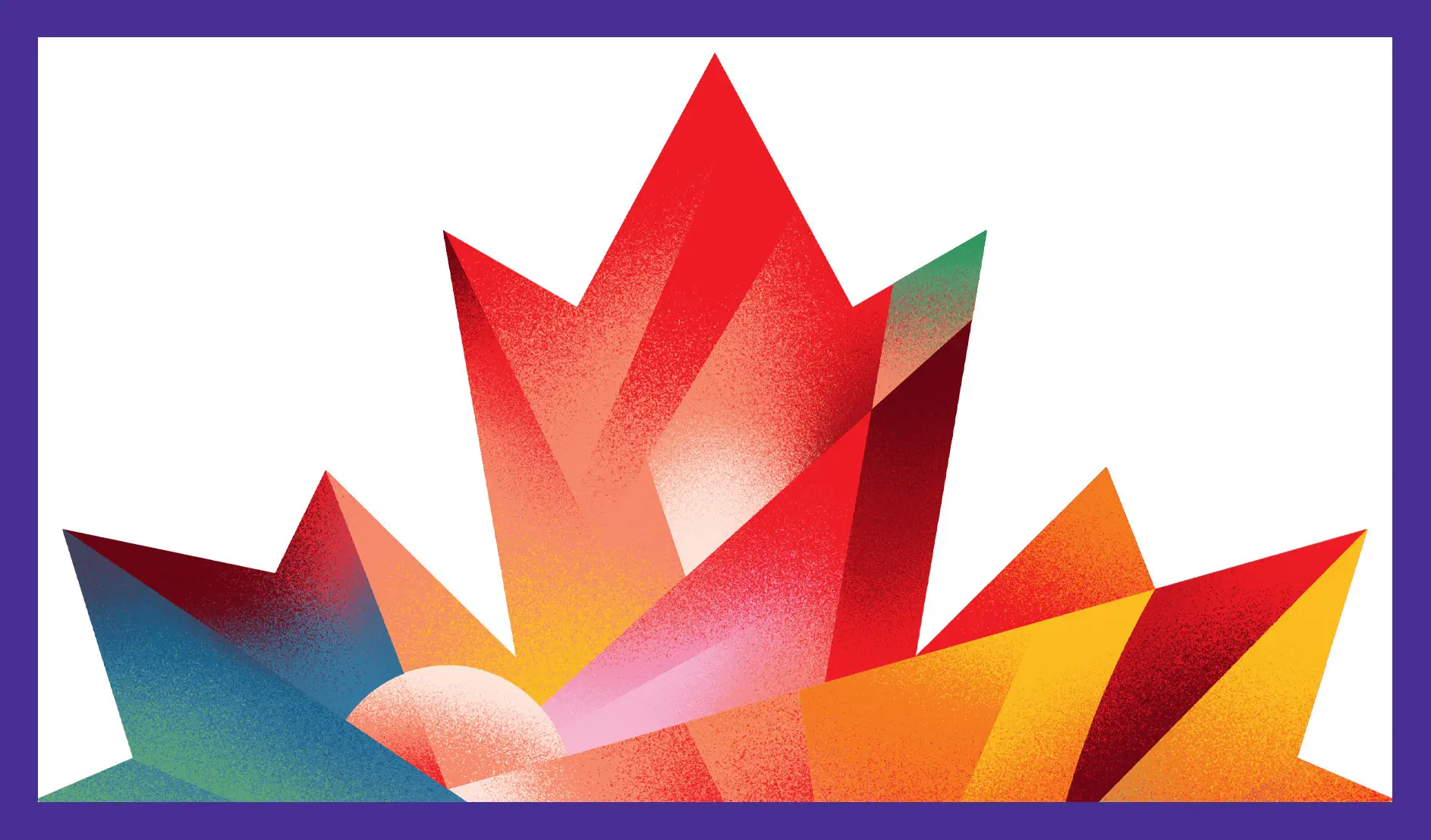
Defining the Canadian spirit
In a member survey, we asked what it means to be Canadian. Here’s what a few of you said:
“Good country. Saved me and my family from the Nazis.” —Amelie Koning (District 19 Hastings and Prince Edward)
“Knowing Canada, travelling Canada and encouraging all Canadians to know their country better.” —Marlene Picard (District 29 Lanark)
“Being kind to those in need, welcoming to those who are refugees, accepting people for who they are.” —Susan Irons-Ware (District 22 Etobicoke
and York)
“Reading our writers, listening to our musicians, celebrating our activists.” —Sue Hoffele (District 11 Waterloo Region)
“Being free to enjoy my retirement in a country at peace.” —Susan Andrew (District 24 Scarborough and East York)
“Appreciating and tolerating others, and working towards a common goal that promotes goodness and kindness.” —Alina Galica (District 16 City of Toronto)
“Being the change in the community you want.” —Mary Ann Wright (District 8 London, Middlesex)
“Freedom to vote, worship in the place of my choice, have a meaningful vocation, feel safe in my home and community, enjoy the beauty of our natural world.” —Marjorie Snyder (District 11 Waterloo Region)
“Be accepting of others from wherever, standing up for the needy, and setting an example of what it is to be truly democratic politically.” —Mary Ellen Lawless (District 23 North York)
“We live in an extremely beautiful, safe, peaceful country, free to be ourselves.” —Janet Knight (District 17 Simcoe County)
“Respecting others.”
—Al Houstoun (District 2 Thunder Bay)
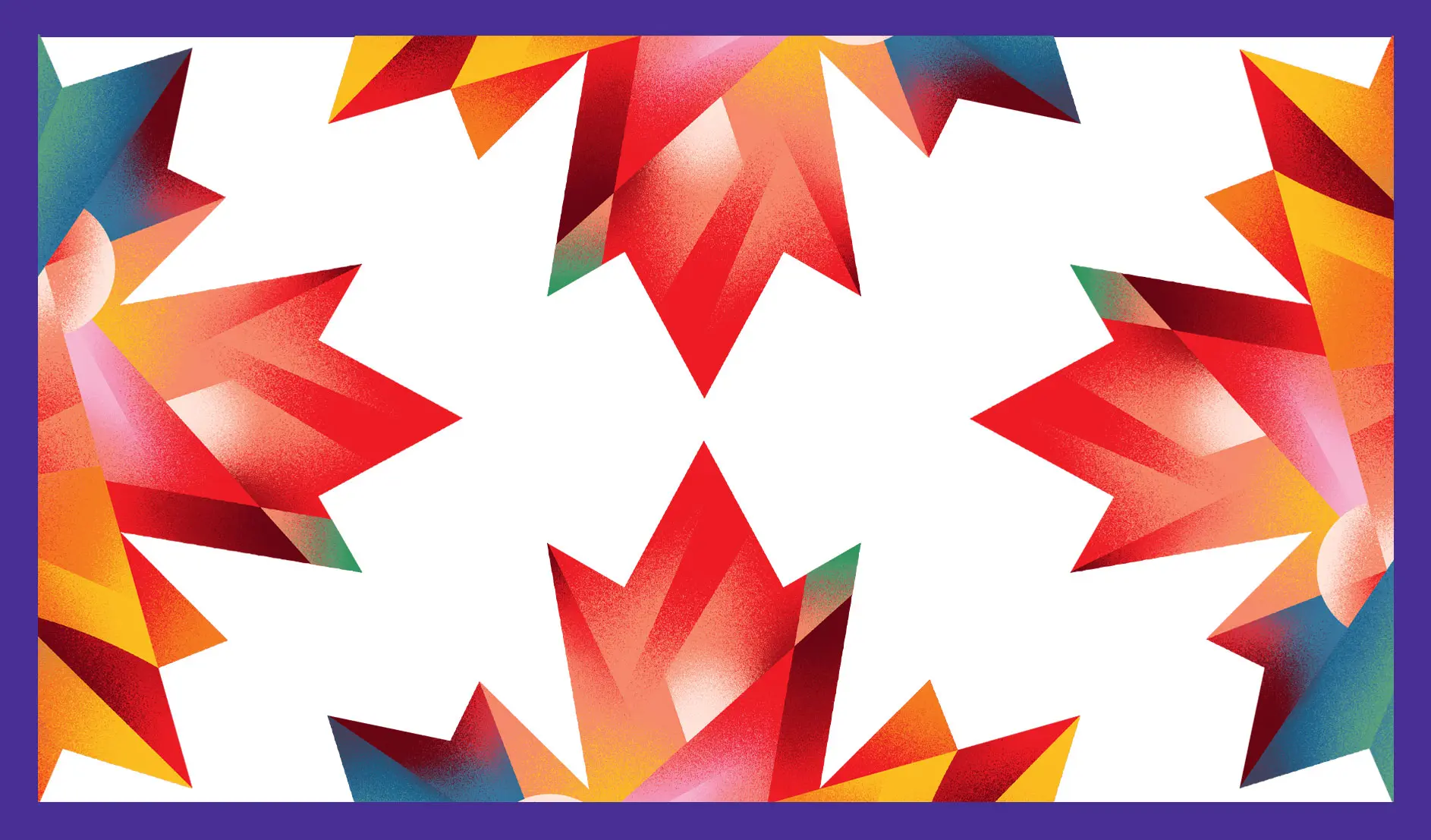
A sense of community
If Canada has a personality, it’s “vibrant and optimistic,” says Zandra Zubac (District 4 Sudbury, Manitoulin). She feels that we smile more, are more grateful for our blessings and have a cooperative spirit. Why would that be? Maybe it has something to do with our weather, size and diversity, she says. “We have to get along.”
Think about it. Over time, we’ve been huddled together, figuring out how to survive a harsh climate. We’re a relatively small population living across a huge geography, made up of people who’ve come from everywhere. So, Zubac says, we’ve found ways to coexist, appreciating both our differences and our shared experiences, and stressing the communal over the individual.
Zubac grew up in Levack, Ontario, a small mining town northwest of Sudbury. In her travels within Canada and down to the United States, she senses a difference in the two countries. Here, a we’re-all-in-this-together ethos is reflected in things like our social programs and universal healthcare. Sure, we pay for them in higher taxes, but that covers fundamental needs. “I can see a doctor, have an X-ray or get blood work without having a dime in my purse,” she says. “There’s an ease in living in Canada.”
Want to gain a feeling for Canada? Listen to Gordon Lightfoot, Zubac says. “His music embodies the best of our Canadian culture, country and people.” She starts to sing some lines from Lightfoot’s “Canadian Railroad Trilogy”: “There was a time in this fair land when the railroad did not run/When the wild majestic mountains stood alone against the sun.”
“You can hear the railway chugging along, the perseverance,” Zubac says. Then she sings some more: “Behind the blue Rockies the sun is declinin’/The stars they come stealin’ at the close of the day.” That evokes our majestic nature, she adds.
Lightfoot was once asked how he wanted to be remembered. “I’d like to leave a clean campsite,” he replied. What does that convey to Zubac? “It means being a decent human being, not leaving a carbon footprint, and respecting people. I think it’s really Canadian.”
12 questions to unearth the soul of Canada
What’s one thing you think the world gets wrong about Canada?
“People misunderstand our kindness as a sign of weakness or gullibility.”
—Zandra Zubac
How has being Canadian shaped how you see the world?
“I’ve always seen the world with optimism, pride, joy and a belief that if we work together, we have the opportunity to accomplish many great achievements.” —Zandra Zubac
What’s the greatest contribution Canadians have made to the world?
“The concept and practice of peacekeeping.” —Allan Tupper
Who’s your all-time Canadian hero and why?
“Terry Fox and Rick Hansen. Their determination and physical struggles have inspired so many to dedicate themselves and work so hard to a specific cause.” —Stella Sinclair
If Canada was a guest at a dinner party, what would it bring?
“A sincere smile.” —Stella Sinclair
What smell or scent instantly reminds you of Canada?
“Leaves and pine needles in a forest in late summer/early autumn.”
—Allan Tupper
What weather or season best represents Canada to you?
“Spring. The excitement and wonder of watching our land unfold into beauty and vibrance parallels the growth of our country.”
—Stella Sinclair
If Canada were an animal, what kind would it be and why?
“Moose – beautiful and majestic, comfortable on land or in water, able to live in the forest or on rocky landscapes, and affable unless they are disturbed.” —Zandra Zubac
If Canada had a mascot (other than the beaver), what would it be?
“Polar bear.” —Allan Tupper
If you could change one thing about Canada, what would that be?
“Change Canada’s electoral system from ‘first past the post’ to some sort of proportional representation.”
—Allan Tupper
If you could create a new holiday in Canada, what would it mark?
“National Sports and Arts Celebration Day.” —Zandra Zubac
What Canadian value do you think should be exported to other countries?
“An attitude of kindness, tolerance and determination.” —Stella Sinclair
